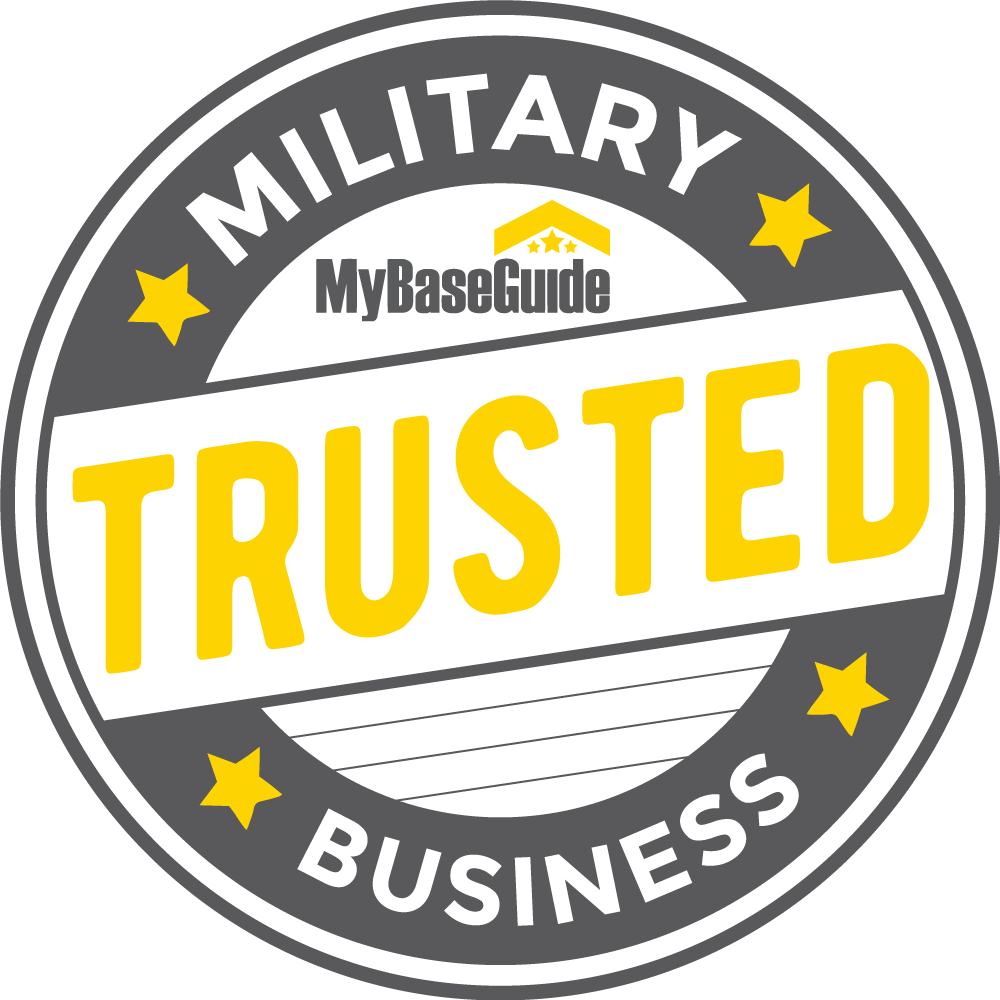
A recent systematic review published in the Journal of Affective Disorders considered the efficacy of transcranial magnetic stimulation (TMS) for the treatment of obsessive-compulsive disorder (OCD). It is one of the most common disorders treated at the TMS Institute of Arizona, along with depression, anxiety, PTSD, and more. The research team considered three key location/frequency combinations and ranked how effective different stimulation protocols were for the treatment of OCD. They searched for randomized TMS OCD trials, which resulted in 21 studies that included 662 patients in total. They found that TMS for OCD is effective with all protocols used, although one protocol (LF right dlPFC) worked the best in these studies.
The studies were relatively small, so further investigation is needed. However, we do know that TMS can be an effective, non-invasive, medication-free option for treating a myriad of disorders including OCD. The researchers also noted that the studies were largely heterogenous and there was a risk of publication bias. Still, compared to sham stimulation (placebo TMS therapy), real TMS treatment is shown to be efficacious.
OCD and the Brain
OCD is a kind of psychiatric disorder that presents with obsessions (characterized as intrusive and/or anxious thoughts) and compulsions (presenting as repetitive thoughts or actions). It can lead to serious impairment of quality of life and even disability. The first line of treatment is typically cognitive behavior therapy, followed by medications like serotonin reuptake inhibitors or SRIs. However, these treatments are usually only helpful for half of patients. Those who are treatment-resistant or not getting the kind of results they want from therapy and/or medications may benefit from “deep brain stimulation,” which was the last line of treatment for years. However, this is a very invasive procedure and comes with many risks and side effects. Clearly, alternatives are needed and that’s where TMS may help.
TMS is an external form of brain stimulation using magnetic pulses to manipulate targeted brain regions. It is pain-free, though it can feel a little unusual for first-timers. It began as an experimental tool for brain analysis and over the past 40 years has progressed to a preferred treatment tool in helping with neurological and psychiatric disorders. It has been used in the treatment of OCD for about 20 years, and various stimulation targets have been explored during this time (mostly in the pre-supplementary motor area). In other words, TMS therapy for OCD is nothing “new” and many have already benefited from this treatment with no discomfort or side effects.
Getting TMS for OCD
There is no consensus on the “best” protocol when using TMS for OCD, so the best approach you can take is working with the leading experts in TMS therapy. “The recent publication of several new studies warrants the performance of an updated meta-analysis,” urges the researchers. If you are struggling with OCD and traditional cognitive behavioral therapy and/or medications aren’t giving you the results you want, it may be time to try TMS.
There are different kinds of TMS and one is sure to fit your schedule. Regular TMS requires 4 – 6 weeks of brief sessions lasting just a few minutes. However, we understand that not everyone can commit to one month (or more) of treatments five days per week. This is particularly true for out of towners. That’s why accelerated TMS may be the best option for you. This can be completed in just a few days, but does call for numerous brief sessions throughout each treatment day. One factor to consider is cost. Regular TMS therapy is covered by many insurance policies while accelerated TMS is not. Of course, for those traveling for their TMS treatment, the costs may level themselves once you consider expenses related to airfare and hotel stays. We can help you determine which therapy is right for you.
If you are interested in learning more about TMS therapy for OCD or many other conditions—including smoking cessation, anxiety, depression, PTSD, and eating disorders—schedule a consultation with our experts today. Get in touch with the TMS Institute by calling the clinic during business hours or, for the quickest response, simply complete the online form right now.













